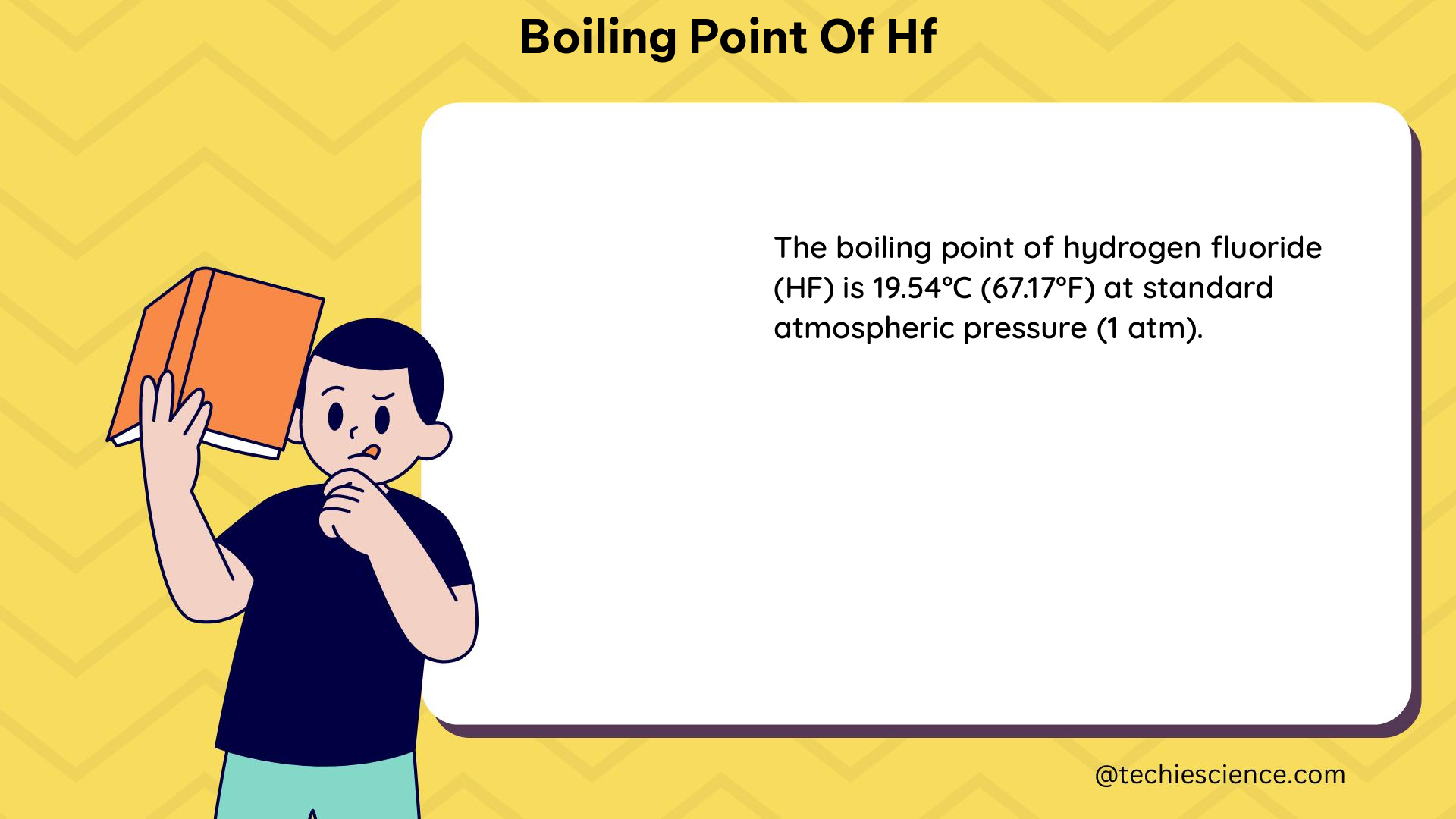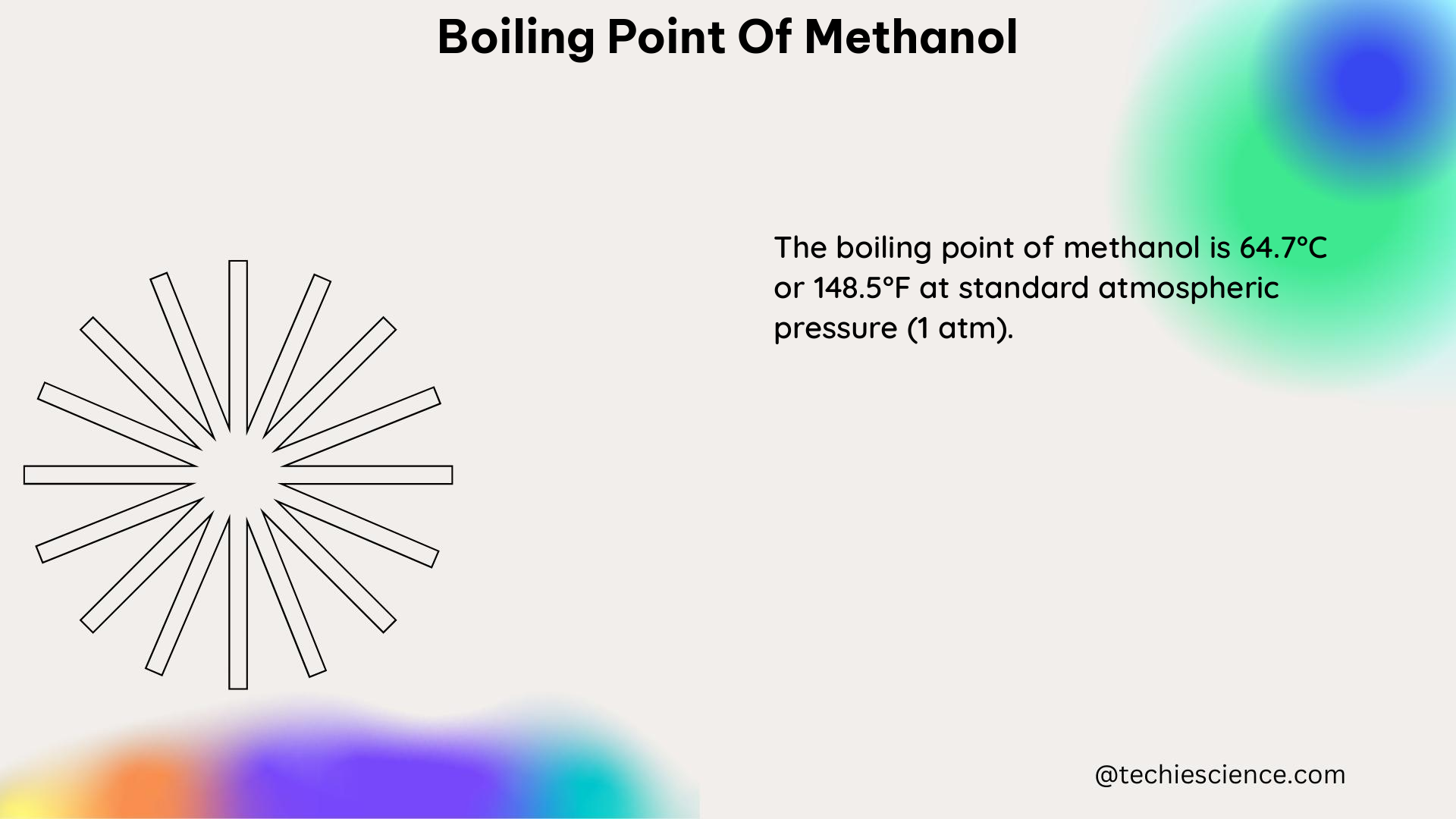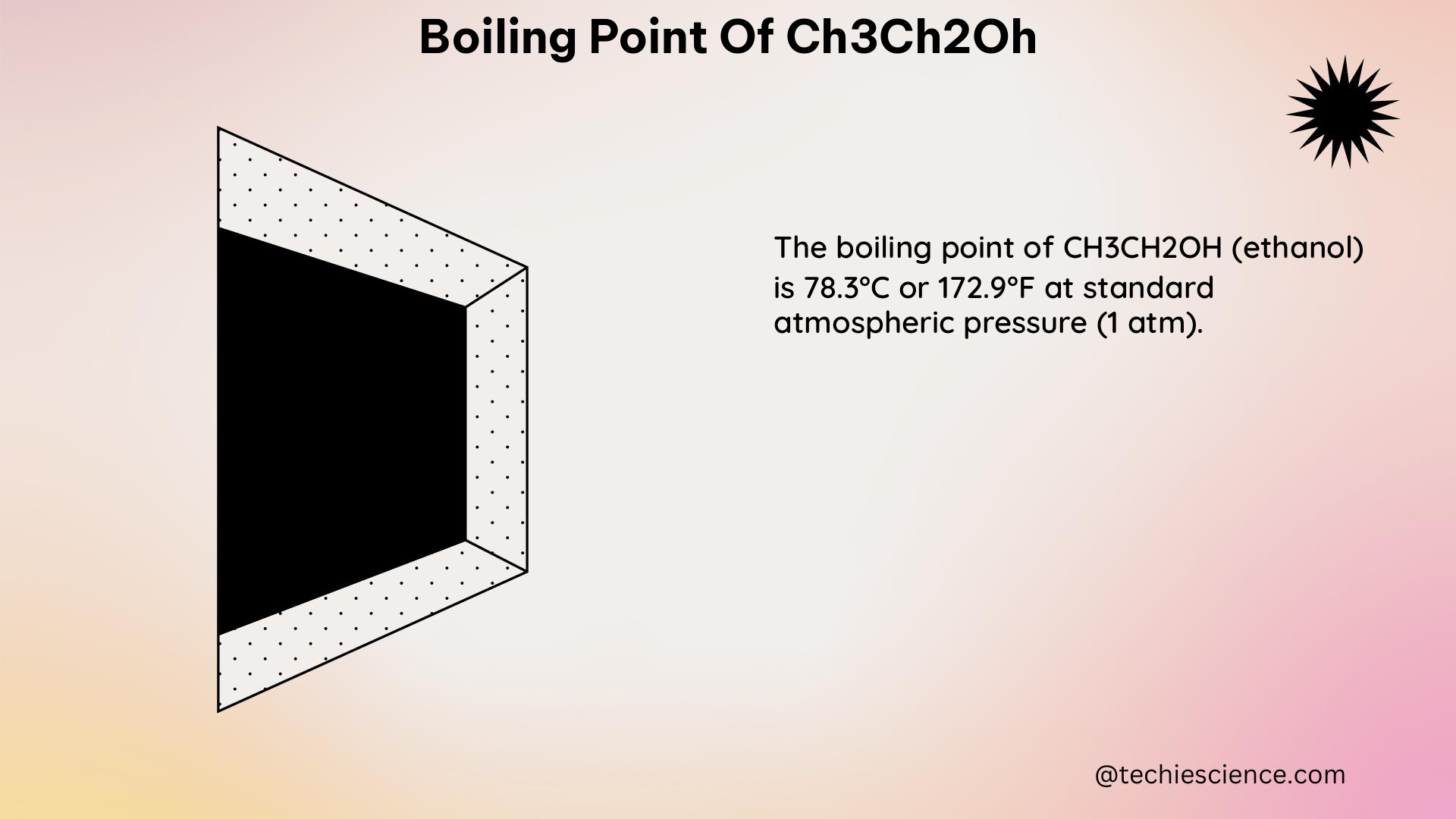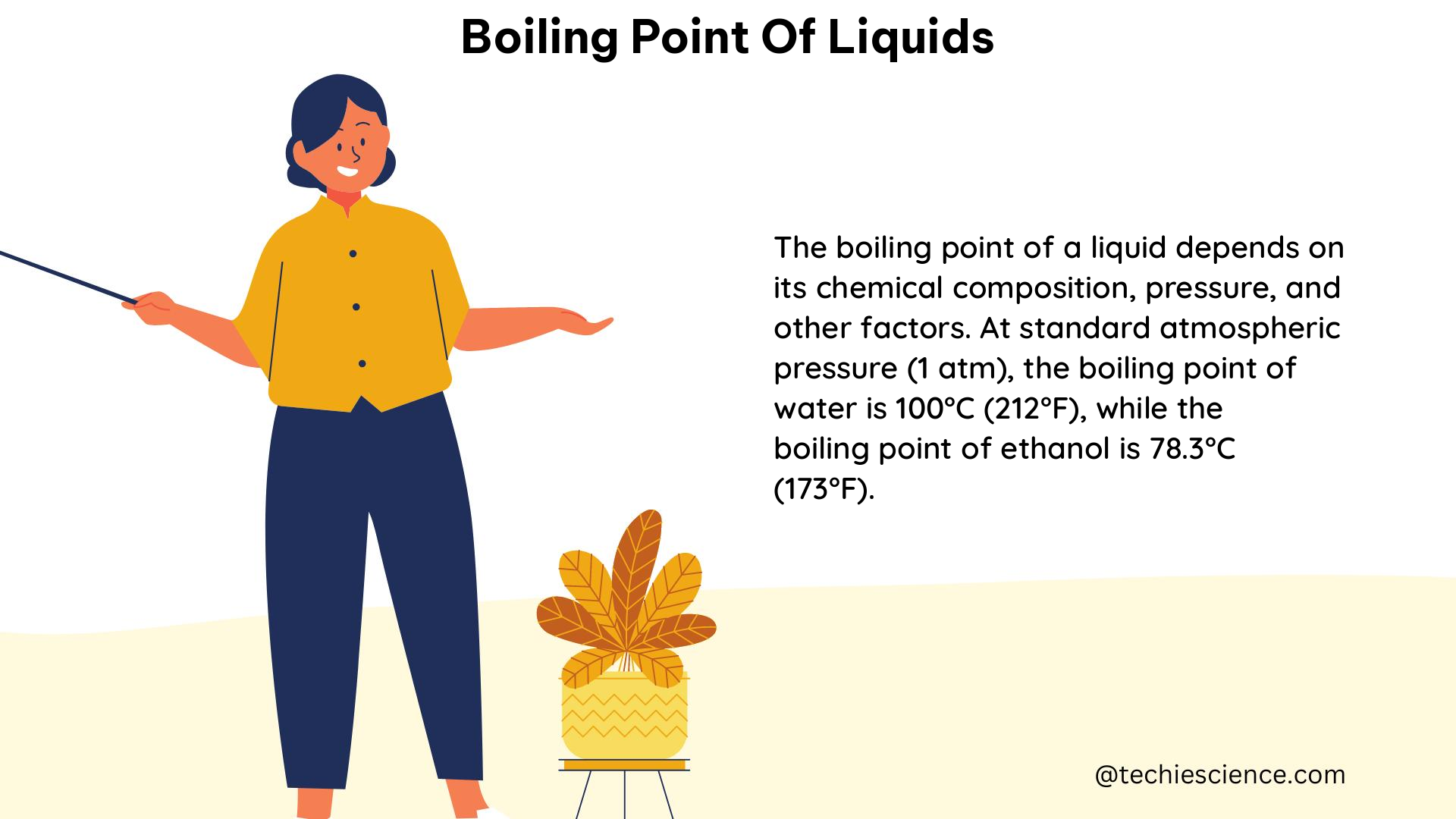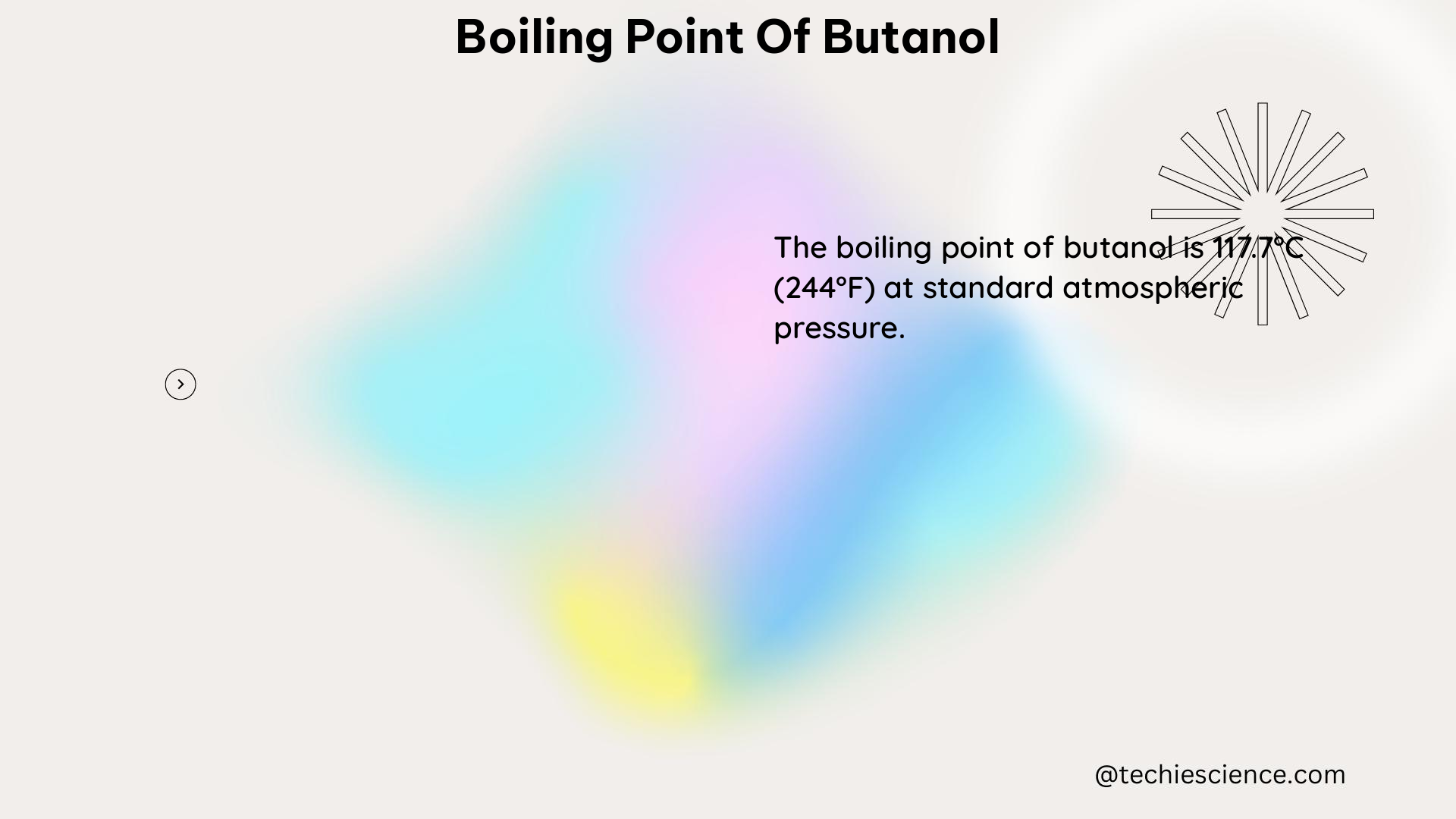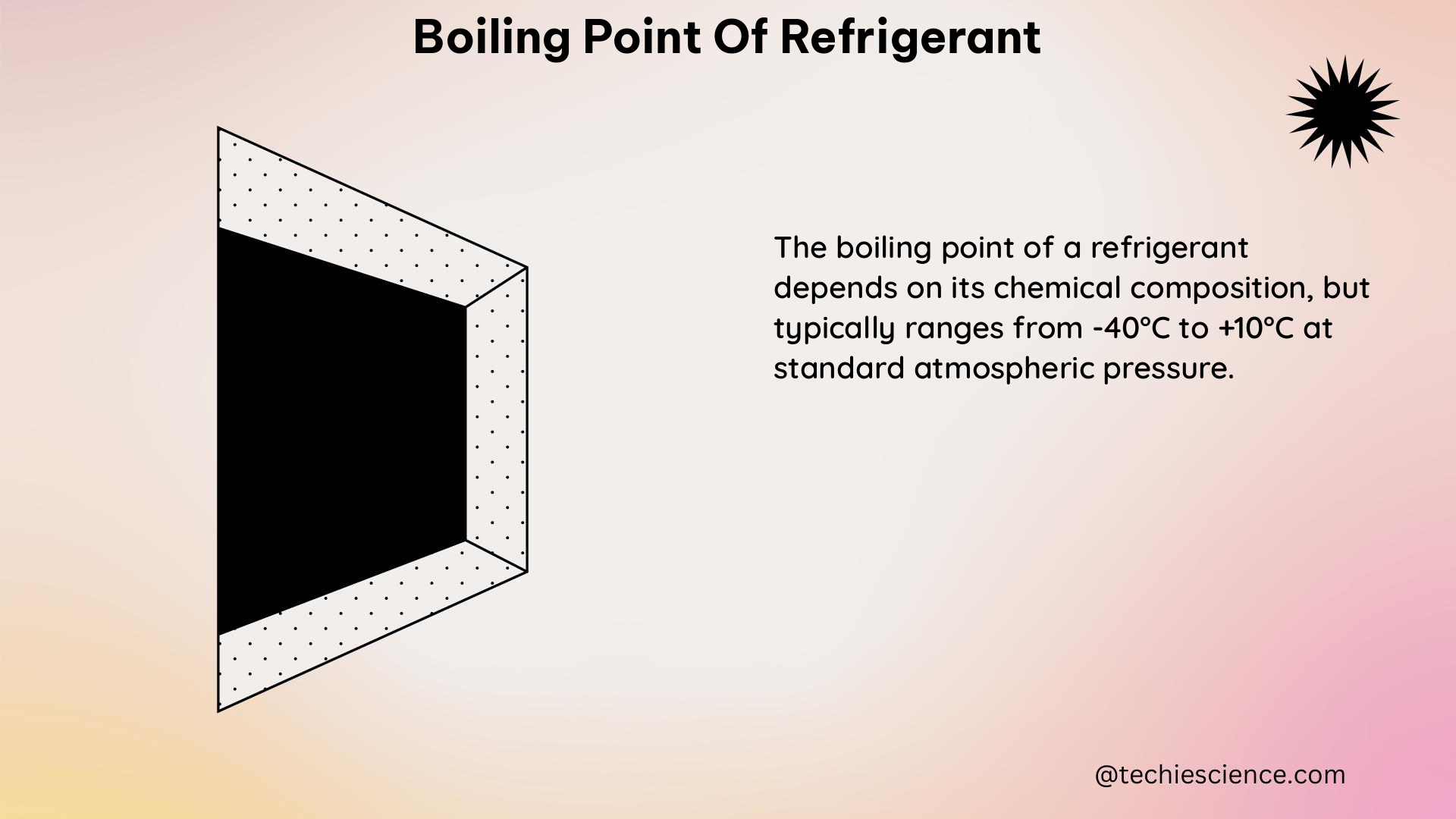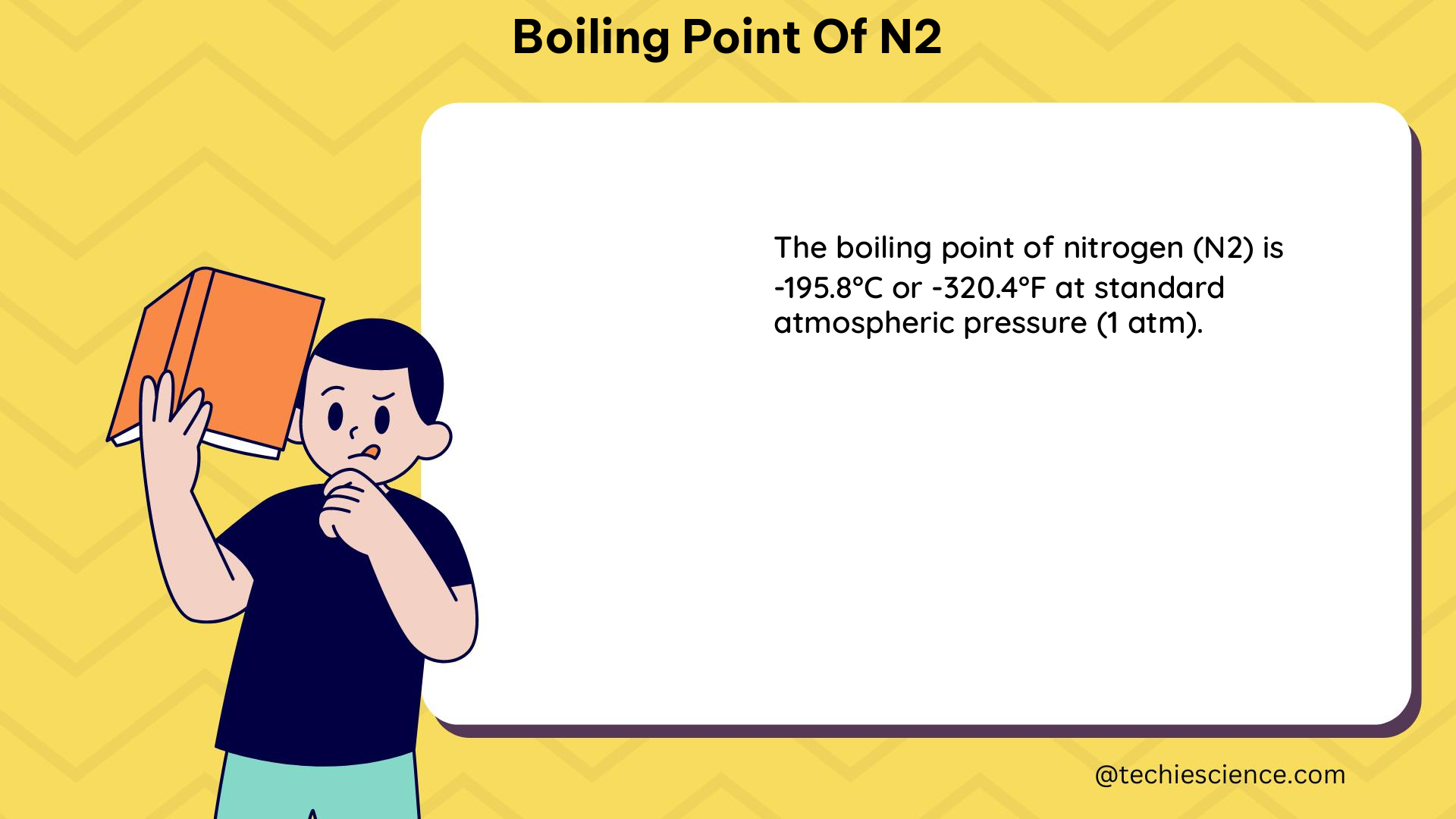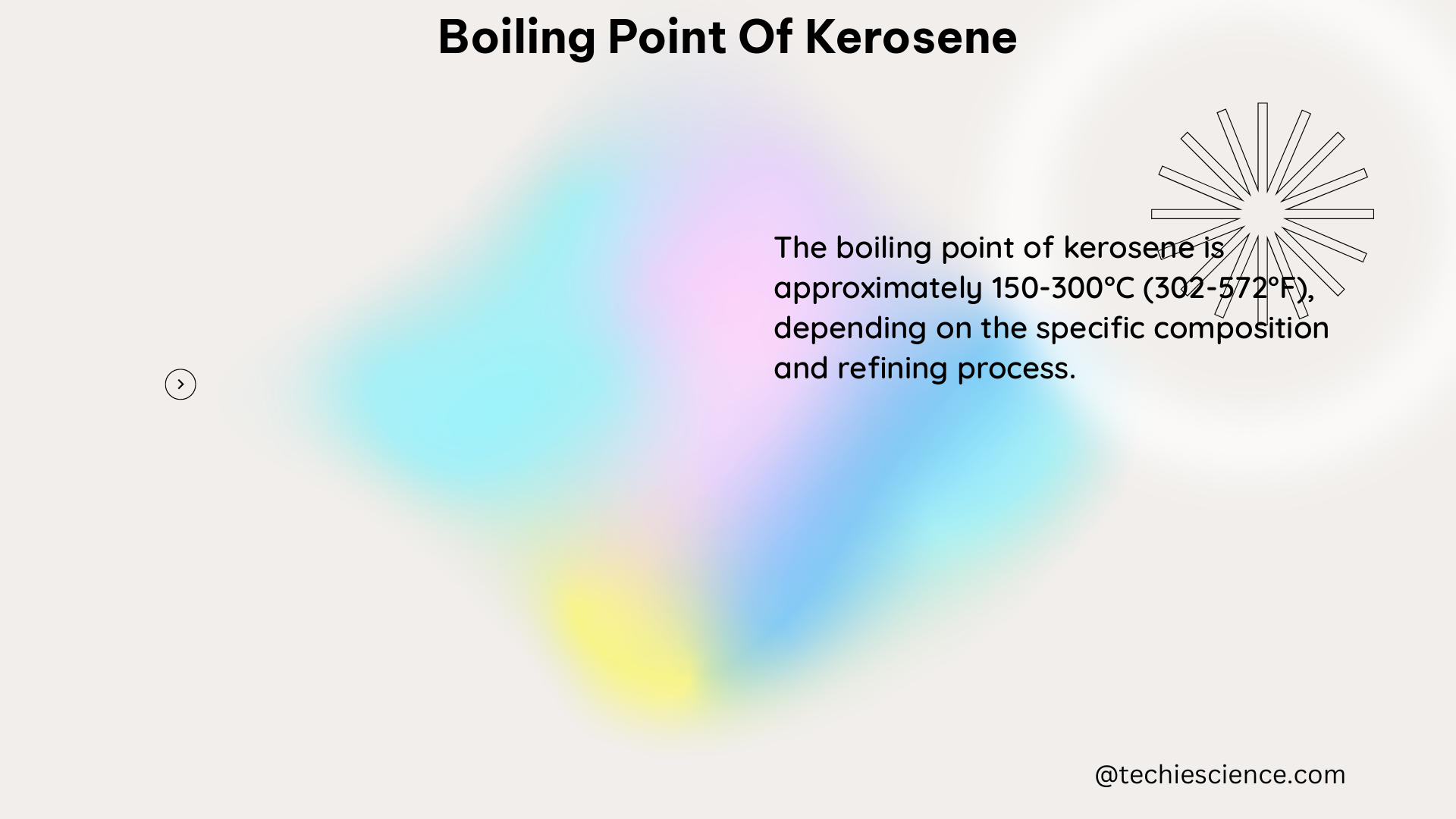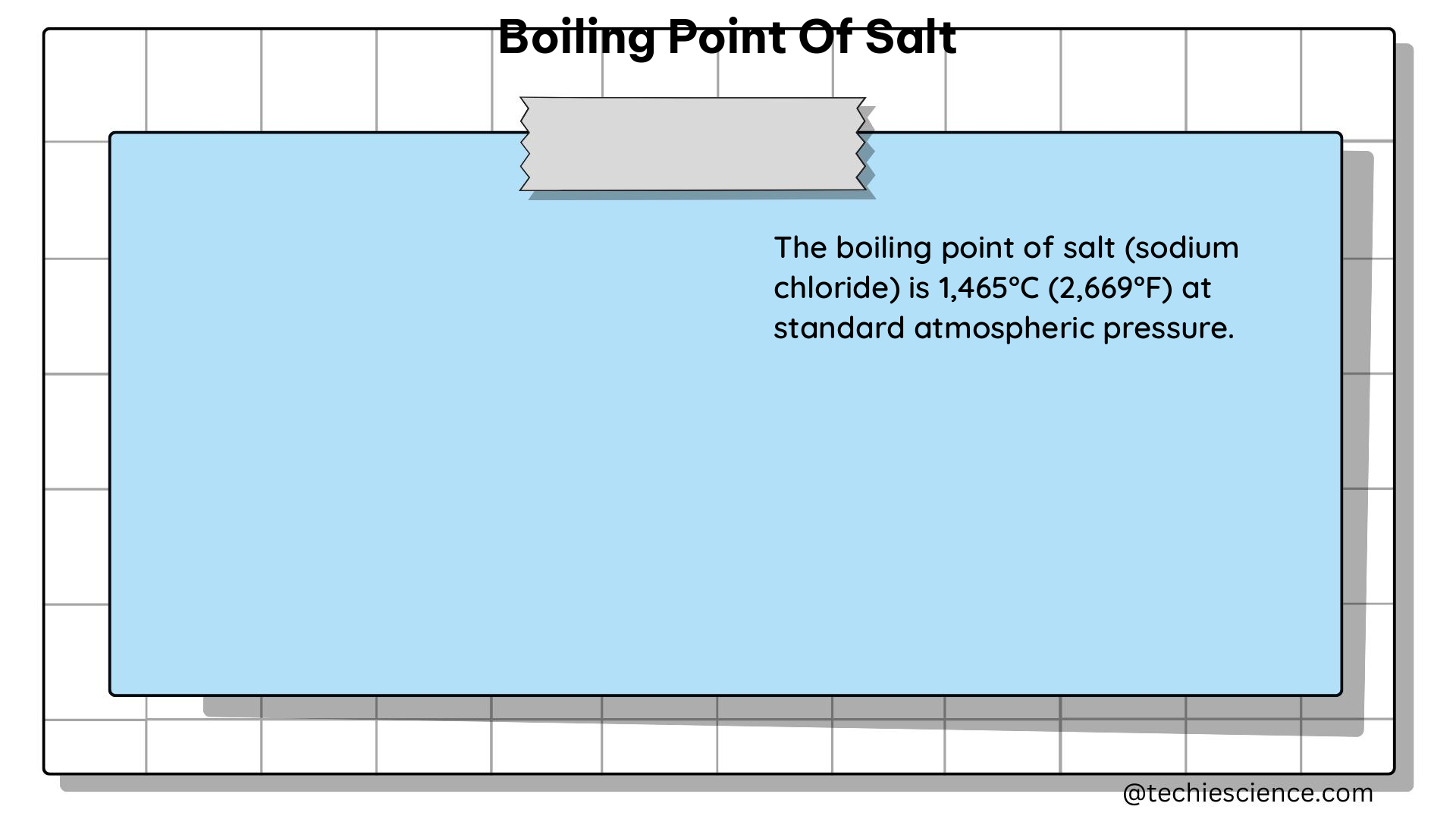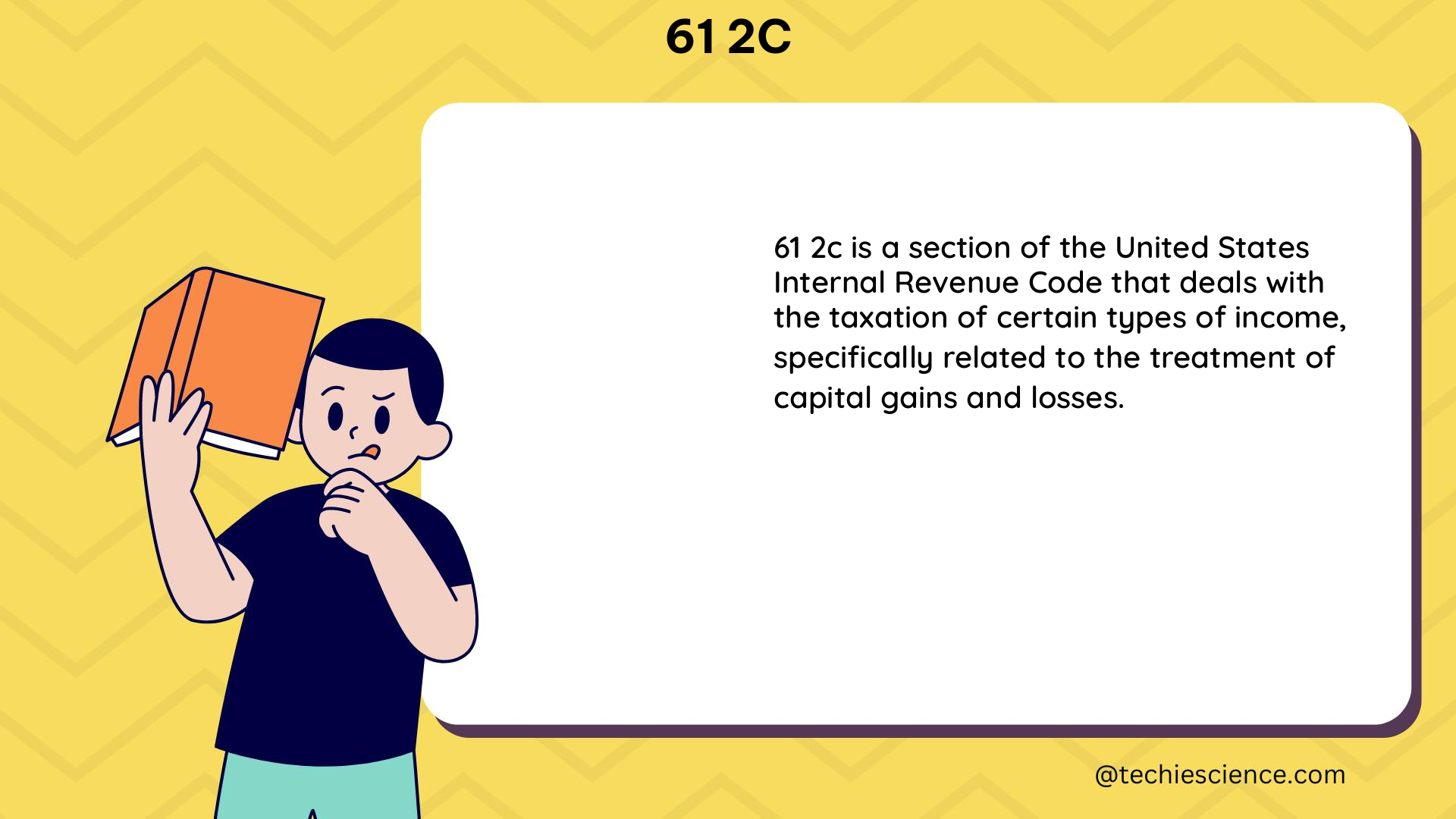The Boiling Point of Hydrogen Fluoride (HF): A Comprehensive Guide
The normal boiling point of Hydrogen Fluoride (HF) is 19.5°C or 292.65 Kelvin, which is relatively high compared to other hydrogen halides due to the presence of strong intermolecular hydrogen bonding. This comprehensive guide delves into the intricacies of HF’s boiling point, providing a wealth of technical details and practical insights for science students and … Read more
